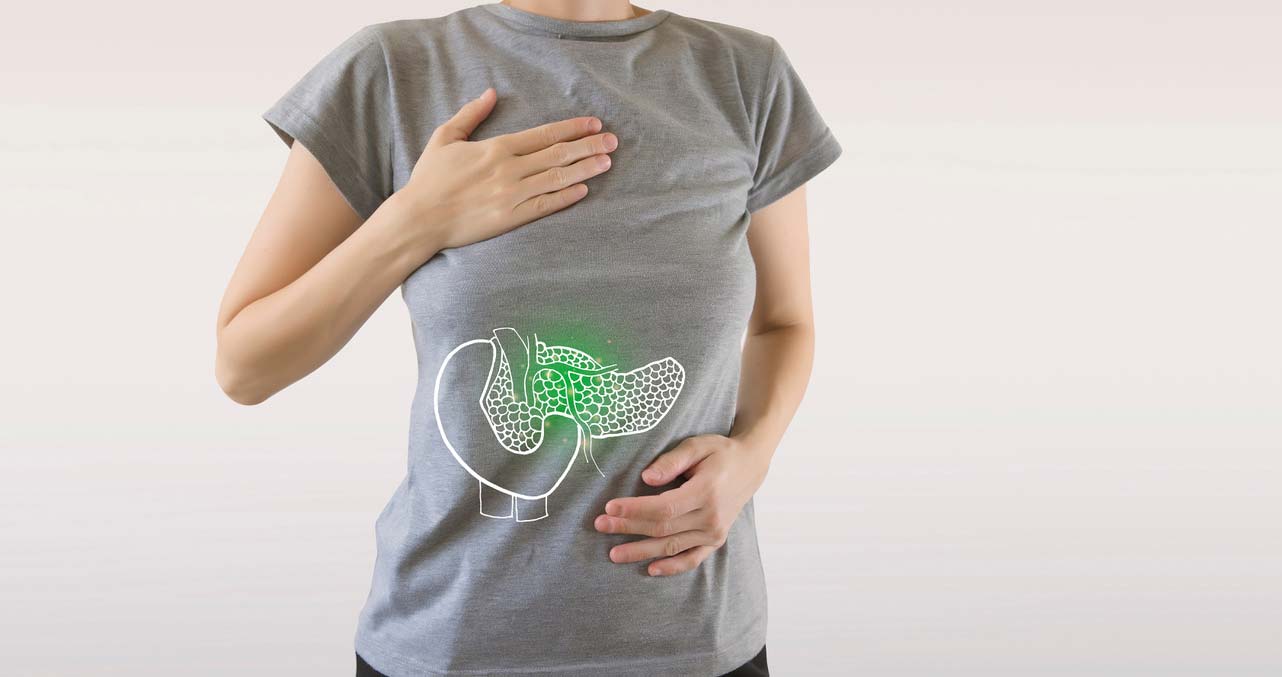Plant-Based Diets: Nutritional Fad or Healthy Fix?

In a world buzzing with diet trends, the plant-based movement seems to be stealing the spotlight. But, there are many misconceptions and snap judgments about what it means to be plant-based. If you’re afraid of being brainwashed into some “hippy dippy” thinking or believe you’ll never get to eat your favorite foods again, sit tight. We’re here to present the facts about going plant-based and debunk some common myths about this lifestyle. Keep reading to understand what a plant-based diet is, explore the benefits, and get some practical tips for getting started.
What is a Plant-Based Diet?
A plant-based diet doesn't require an all-or-nothing commitment. It’s more of a lifestyle shift toward embracing foods derived from plants: think vibrant veggies, wholesome grains, seeds, nuts, and fruits. This doesn't mean saying farewell to animal products forever, but rather proportionally favoring plant sources. It's a bit like rearranging your dinner plate to make room for more of the good stuff.
Myth: Plant-Based Equals Vegan or Vegetarian
Worried about a permanent breakup with burgers or cheese? Relax. Embracing a whole foods plant-based lifestyle isn’t about cutting ties; it’s about adjusting priorities. Other green diets draw firm lines with little wiggle room. A vegan diet completely excludes any animal products, including eggs, dairy, meat, and any by-products (think gelatin, honey, and lard used in everything from graham crackers and gummy bears to refried beans and store-bought sauces). A vegetarian diet allows eggs and dairy but excludes meat, poultry, and fish (which can lurk in various sauces and even white sugar). Plant-based simply shifts the focus of your food source without being so restrictive.
Myth: You Don’t Get Enough Protein in a Plant-Based Diet
Protein is found in nearly all foods, so if you’re eating a well-balanced diet, it’s nearly impossible to be protein deficient. And plant-based eating boasts a protein-packed lineup: beans, legumes, nuts, seeds, whole grains, and vegetables all provide more than enough protein to fuel your day. Have you seen those vegan athletes and bodybuilders? Their physiques and performances are proof that plant-powered superheroes exist. No way that protein deficiency is synonymous with going plant-based.
Myth: Plant-Based Meals Will Leave You Hungry
Plant-based eating is surprisingly satisfying. In fact, this green way of life often leads to a fuller belly and happier soul than the traditional Western diet. By filling up on fiber-rich foods and whole grains and consuming less sugar, plant-based eaters feel fuller longer and don’t deal with as many snack cravings.
Myth: All Plant-Based Foods Are Healthy
Here’s where you have to be careful. You can’t wander blindly into plant-based life and expect to ride a golden ticket to wellness wonderland. For instance, French fries and Oreos are vegan. But what do you think would happen if these tasty treats were the foundation of your diet? You must research and make mindful choices to reap the health benefits of going plant-based.
Myth: Going Plant-Based Means Swearing Off Meat and Dairy Forever
We said it before, but it’s worth repeating: going plant-based does not mean being restrictive. It’s a mindset shift, not a restraining order. You can focus on whole foods and plants while still having your yogurt and eating it, too. Those occasional game-day wings or ladies’ night cheese platters aren’t going to make or break your health. If you need more of a structured label, consider embracing the flexitarian diet.
Benefits of a Plant-Based Diet
Health Benefits: Imagine a diet that helps reduce your risk of chronic diseases, all while nourishing your body with necessary fats, proteins, carbs, vitamins, and minerals. That's the power of plant-based eating. A shift toward plant-based eating has been shown to benefit:
- Heart disease
- Blood pressure
- Cholesterol levels
- Diabetes
- Cognitive decline
- Cell regeneration
- Weight loss
- Weight management
- Inflammation
- Immune health
Eco-Friendly Choice: By choosing plant-based, you're also choosing the planet. With a smaller carbon footprint, you're contributing to lower greenhouse gas emissions and conserving precious resources like land and water.
Ethical Considerations: If you've got a soft spot for animals, a plant-based diet resonates with your values. By shying away from animal products, you're taking a stand against factory farming and animal cruelty.
10 Tips for Starting a Plant-Based Lifestyle
- Start Small: Completely jumping into a plant-based lifestyle is overwhelming and may lessen the chances of sticking with it. So, take baby steps. Week one: Implement two small changes. Week two: Make two plant-based dinner recipes. Add on week by week at your own pace until you find your groove.
- Embrace Colorful Veggies: Fill your plate with a rainbow of veggies. Half your plate at meals should showcase these beauties: Bell peppers, leafy greens, carrots, and more – paint your plate at every meal.
- Champion Good Fats: Avocados, nuts, seeds, and olive oil – these are the good fats to focus on. It’s a nice perk that they are delicious too!
- Weekly Vegetarian Delight: Dedicate one night a week to a vegetarian meal. Beans, whole grains, and veggies take the spotlight. Make it a night to look forward to and feel good about (i.e. #meatlessmondays).
- Start the Day Whole: Begin with whole grains for breakfast – oatmeal, quinoa, or buckwheat. Top with nuts, seeds, and fresh fruit. You’ll set yourself up feeling nourished and full right from the start.
- The Green Revolution: Make greens your allies. Kale, spinach, Swiss chard – they're like the superheroes of the veggie world. Steam, grill, braise, or stir-fry to keep their nutrients intact.
- Redesign Your Meat: Meat can be a sidekick instead of the star. Use it as a flavor booster or garnish, not the center of attention.
- Fruity Finale: Rethink dessert with fruits. A juicy peach, a crisp apple – indulge in nature's sweetness after a meal.
- Focus on Latin food: Luckily, many favorites from Latin and Mexican cuisine are part of a plant-based diet. Beans, tortillas, avocados, whole grain rice, veggies, and salsa are the foundation of a delicious plant-based meal. It’s easy to put together a burrito bowl at home– or even eat out! For example, Chipotle now offers Lifestyle Bowls with whole foods, plant-based, and vegan options.
- Don’t Beat Yourself Up: Plant-based is about progress, not perfection. Continue to make smart choices and try new foods and recipes, but don’t get hard on yourself. Remember, this is a lifestyle, not a diet.
Supplements to Consider on a Plant-Based Diet
While plant-based diets provide a treasure trove of nutrients, here are the top supplements to consider when joining the plant revolution:
- Vitamin B12: Promotes adequate energy while supporting optimal nerve and brain health. B-complex is a comprehensive formula with multiple B vitamins to also aid sleep, emotional balance, and healthy aging.
- Vitamin D3: Important for bone health and immune function, Vitamin D3 supplements are like a ray of sunshine in a capsule.
- Omega-3: Consider Omega-3 supplements to support brain and heart health. The essential fatty acid formula also supports the health of your eyes, hair, nails, skin, bones, and joints.
- Iron: Promote energy levels by including an iron supplement with vitamin C-rich foods for proper absorption.
- Protein: Essential for muscle repair, growth, and overall bodily functions. Adequate protein acts as the building blocks that make your body's infrastructure strong and resilient. Soy protein and pea protein are excellent choices when you need a boost.
- Calcium: Vital for maintaining strong bones and teeth and assisting with muscle function and nerve transmission, consider adding a calcium supplement to your healthy diet.
In a world of ever-evolving diets, the plant-based lifestyle stands strong. With a focus on plants, you're committing to your health, the environment, and your values. So, whether you're dipping a toe or diving headfirst into plant-based eating, remember that small steps lead to significant change. It's a journey towards a vibrant, sustainable future – one plate at a time.
Your Hispanic American Health Store
Health Hispanica® is a Hispanic-American health store specializing in supplements from Hispanic-American-owned brands such as Natura-Genics® and Yerba Farma®. We strive to provide quality and innovative supplements at fair prices and educate our clients and community on healthy living.
The statements above have not been evaluated by the Food and Drug Administration (FDA). This product is not intended to diagnose, treat, cure, or prevent any disease.



Leave a comment